Mozambique | Dialogue: "Mondlane can support, but not be part of the commission."
Revolt and manipulation at the root of Mocímboa da Praia attacks – Mozambique
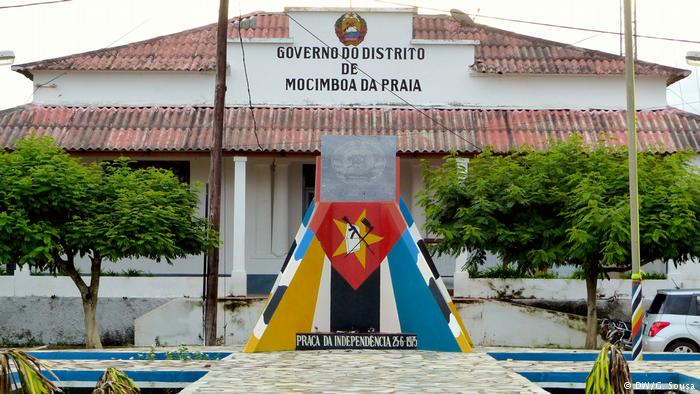
DW
Mozambican analysts believe that the revolt of rural population and internal and external manipulation may have led to armed attacks on police in Mocímboa da Praia and other riots in the country last month.
The whole scenario “is part of a situation of social crisis” in which “rural populations” from different points “are responding, attacking a state that they think is not serving them,” historian Yussuf Adam, researcher since the 70s in Cabo Delgado province, says
The attack on Mocímboa is part of this picture, he argues, despite the blame being attributed by local authorities and population to a radical Islamic “sect” that was winning young people from the villages and converting them to the cause.
Without discarding this radicalisation, Yussuf Adam says that “there is still a lack of data on how it happened”, and, at the same time, following the attacks, “an abusive generalisation” made on the existence of terrorists from reports known for years about young Muslims who gather with their own clothes and customs in the region, but without attacking the state.
Focusing on Islamic radicalisation as the cause of the Oct. 5 attacks is reductive, he argues, in a region where there are several points of friction.
“An omelette of violence”
“All the eggs for an omelette of violence are there,” Adam says, and “what has been missing” has been “dialogue”, because “there are many things that must be put on the table and discussed”.
The area lives on trade and smuggling along the coast and across land borders, and there are regular discussions with the authorities over bribes for the passage of goods, he points out.
The region still has “serious [land ownership] problems”, he says, a struggle that is cuts across religious or ethnic issues. There are disputes even with in the Macondes, one of the local ethnicities, he says.

Seen from another direction, there are inequalities in the distribution of wealth, along with the difficulties created by the economic crisis – which closed sawmills, source of much employment in the region, and delayed projects such as those related to gas, he adds.
In the midst of all this, “things took a turn for the worse because, instead of responding to it in a non-violent way and trying to create conditions of peace, to understand people and what they want, the move was towards repression,” he says, acknowledging nevertheless that the most recent armed response, on 5 October, may be partly understood in the face of the killing of authority figures.
Creating a “faceless war”
The vulnerability of the population is fertile ground for “radicalised political thought” that signals “a potential rebellion among people in the communities” because they can find no escape from poverty, while others (some of them foreigners) thrive, says Chapane Mutiua, a researcher at the Centre for African Studies at Eduardo Mondlane University (UEM) in Maputo, who also knows Cabo Delgado well.
The context is not new, but Chapane argues that there is a connection with the current political scenario that has brought confrontations to the boil now – and considers that there is a mentor of this plan of radicalisation who has not yet been caught.
“I compare the recent 11th Frelimo Congress with the fall of the Berlin Wall in the context of the Cold War,” Mutiua posits, in that, as at that time, “with the end of the cleavages between communists and capitalists, a new enemy was sought”.

Mutiua thinks that the consolidation of Nyusi’s position in the party after the congress opens the way to peace, and his rapprochement with Afonso Dhlakama, leader of Renamo, is well known, with a view to signing a new agreement.
“I think there is this hypothesis, from someone outside who may be funding this [confrontational] movement, but I also think there is someone inside, who wants to host it.”
The access of the group that attacked Mocímboa da Praia to guns and the way its members knew how to handle them sharpens these suspicions. “There is somebody who wants to create a faceless war in Mozambique”, a “new enemy”, he argues – following an idea that Filipe Nyusi had already raised in some speeches made this year when he asked the Mozambicans to be vigilant.
Strengthen confidence and improve living conditions
Why Cabo Delgado? “Because there are a lot of Muslims” there who are vulnerable and easy to lure for ‘recruitment’, throwing into the mix the name of Al-Shabab “because there are a lot of Muslim immigrants from Somalia” – and Mocímboa da Praia being chosen because it is the gateway to “the new ‘Eldorado'” of Mozambique’s natural gas projects.
“As soon as this [attack on Mocímboa] happened, the time has come to stop thinking that it’s just a joke among Muslims and start looking for what’s happening,” about security forces building trust with communities, instead of moving towards repression, he points out.
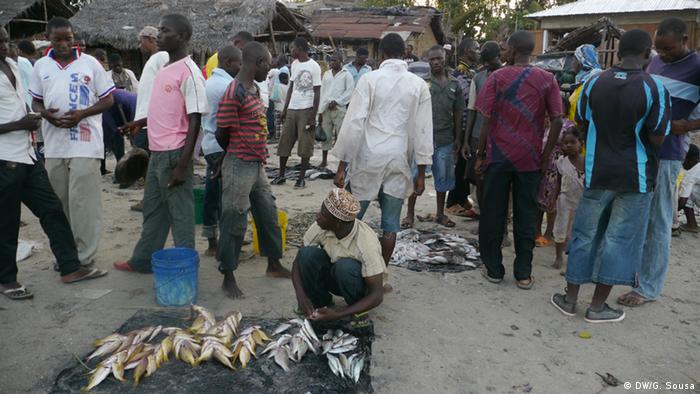
First, in a general way, the authorities must “worry about creating better living conditions, because people are vulnerable, and not only in Mocímboa: what happened there could happen in any corner of Cabo Delgado”. Discontent generally should be the new target, he concludes.
Attacks by an armed group of apparent Islamic radical inspiration on police positions in the Mocímboa district of Praia on 5 October resulted in the deaths of two policemen and 14 alleged attackers, as well as injuries to five other police officers, according to the official report. The village was besieged, with two days of sporadic shooting, something unheard of in peace time.
Four further authority personnel were reported dead, according to relatives, and seven more perpetrators were killed in an ambush in the forest surrounding Mocímboa on November 12, Lussa reported.
Other riots by armed groups were reported last month elsewhere in the country, mostly linked “bloodsuckers” myth, in which at least five civilians died in clashes with the police.
Call for transparency
Historian Yussuf Adam calls for transparency and respect for the law in arrests made after the attacks. “We do not know the names of the prisoners, nor do we know for sure” that they were enjoying their proper “right to their defence”.
“Even if they are criminals” they must be “dealt with according to the law,” which guarantees them “proper treatment”. “There needs to be more transparency in this process,” and “human rights organisations should already be on the ground”, he adds.


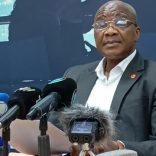

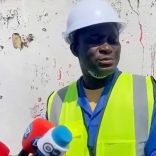
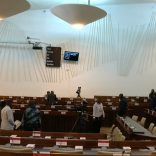


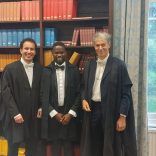
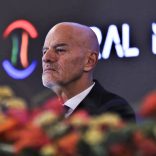
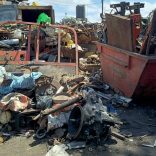


Leave a Reply
Be the First to Comment!
You must be logged in to post a comment.
You must be logged in to post a comment.